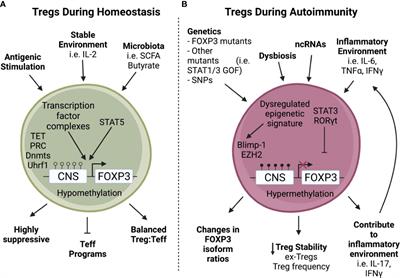EDITORIAL
Published on 26 Oct 2022
Editorial: Genetic basis of tolerance induction defects underlying the development of autoimmune pathologies
doi 10.3389/fimmu.2022.1069232
- 1,250 views
20k
Total downloads
58k
Total views and downloads
EDITORIAL
Published on 26 Oct 2022
CASE REPORT
Published on 26 Aug 2022

REVIEW
Published on 24 Aug 2022

REVIEW
Published on 12 Aug 2022

ORIGINAL RESEARCH
Published on 01 Aug 2022

REVIEW
Published on 01 Aug 2022

REVIEW
Published on 22 Jul 2022

REVIEW
Published on 26 May 2022

REVIEW
Published on 04 May 2022

REVIEW
Published on 29 Apr 2022

MINI REVIEW
Published on 07 Apr 2022